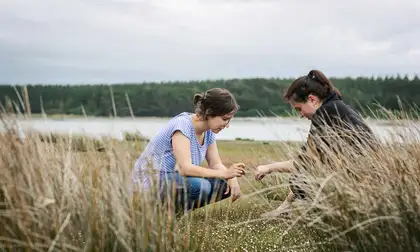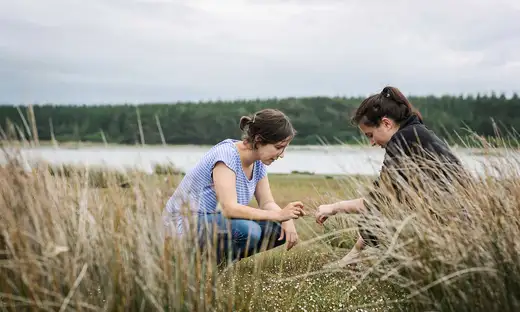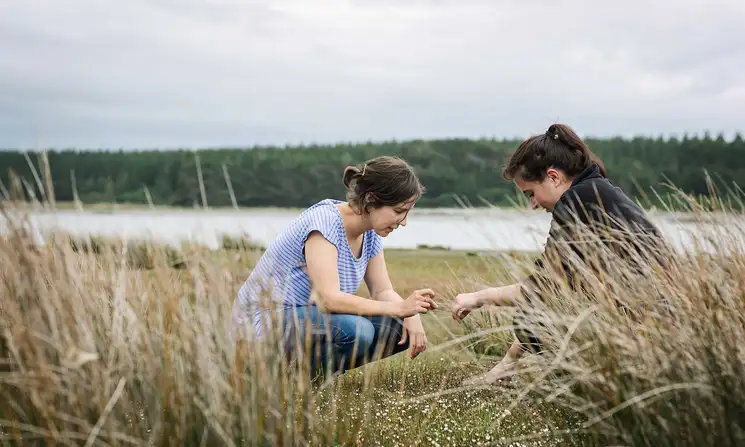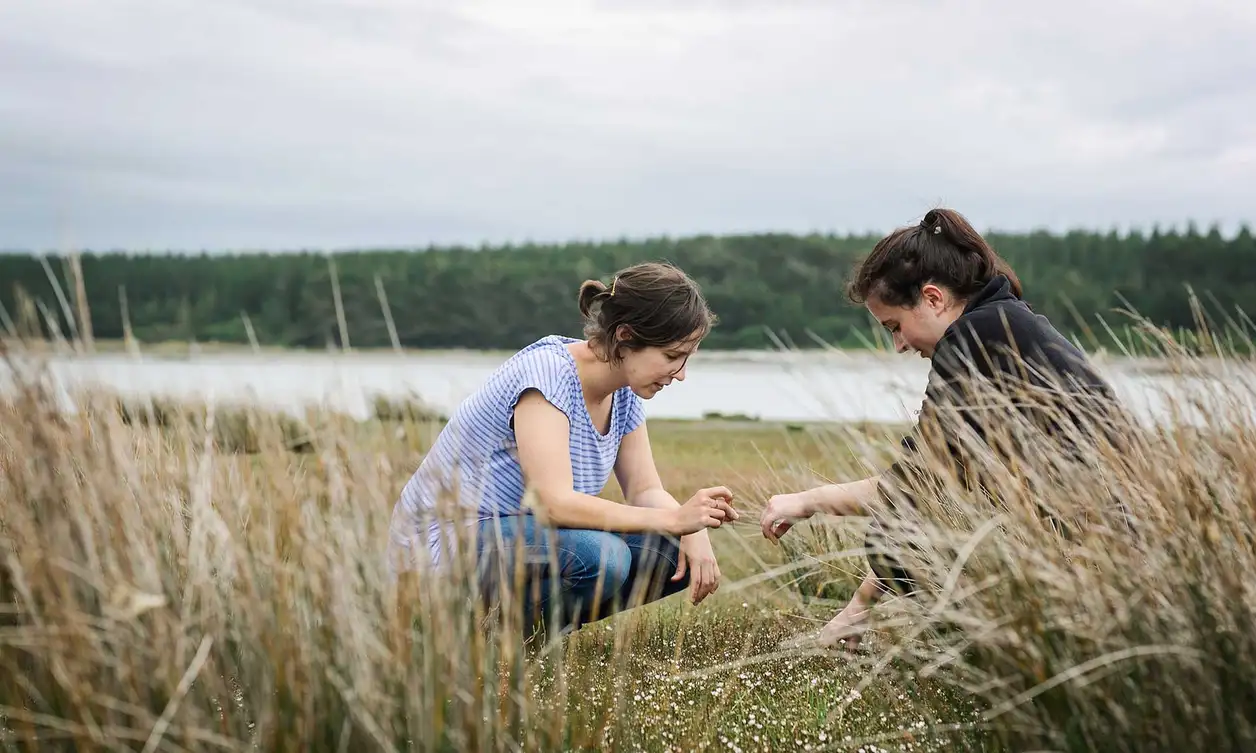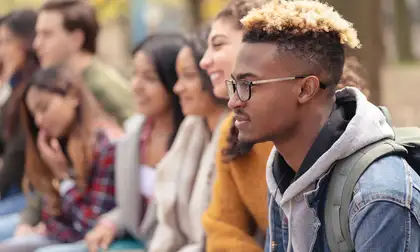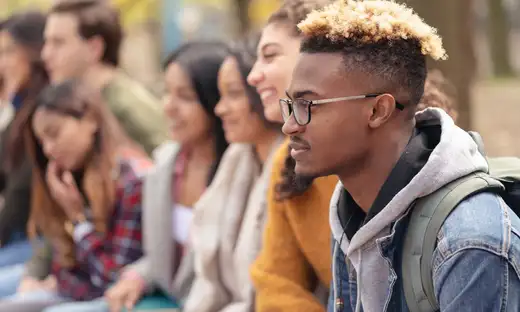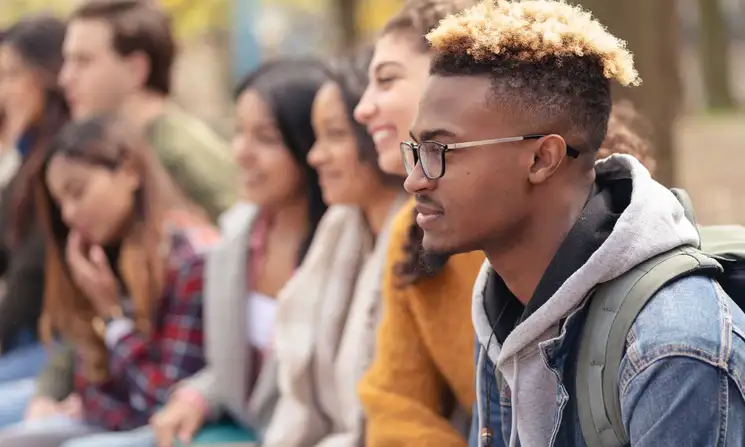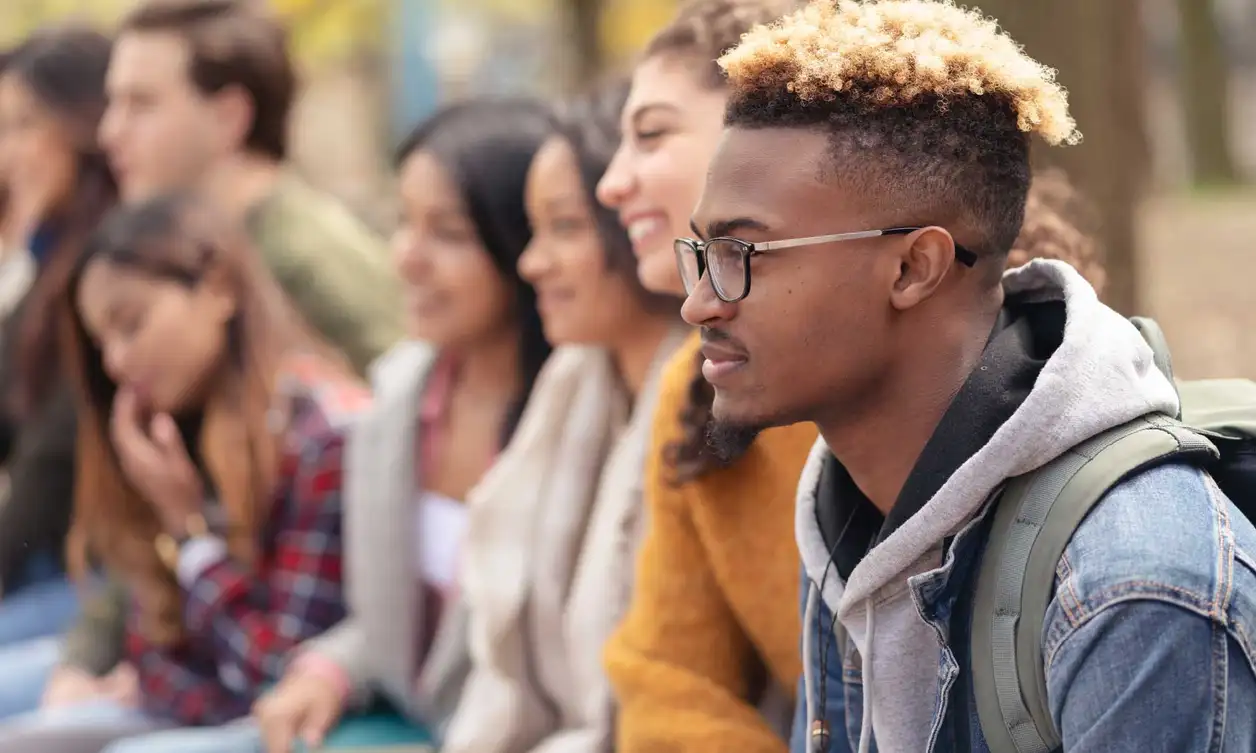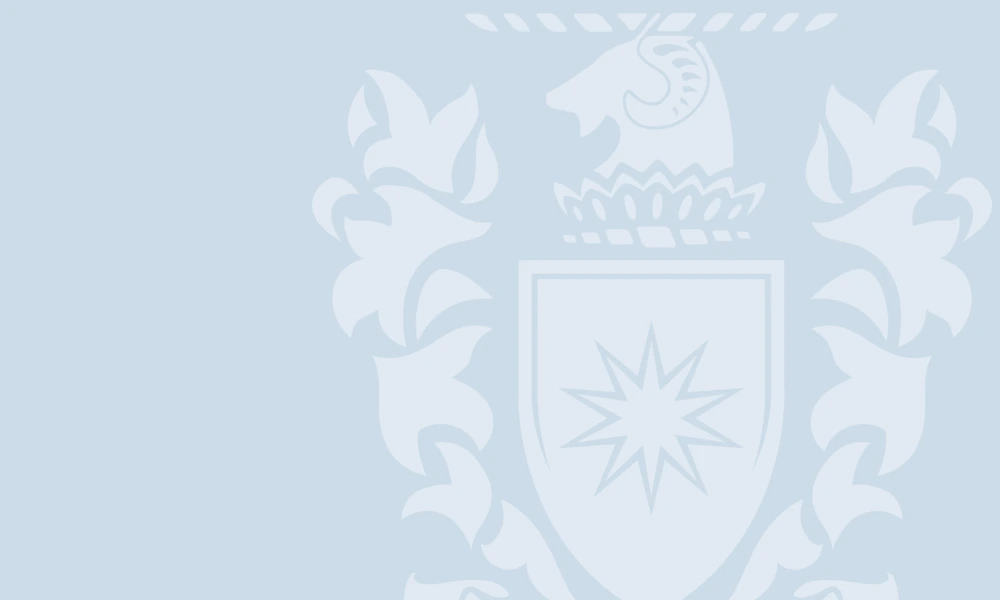On this page
- Increasing proportions of female students
- High achievement rates for female students
- Encouraging females in traditionally male-dominated areas
- Increase in women in senior positions
- Supporting females in the creative arts
- Books published on topics of importance to women
- Development and launch of Kāhui Irarau – a student-led project!
- First-ever female Young Farmer of the Year
- Doctorate research explores gender equity in sports and politics
- Related content
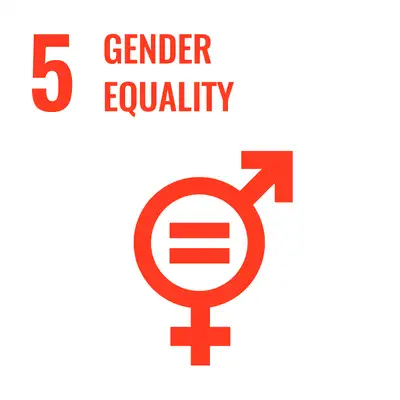
Increasing proportions of female students
In 2023, 64.8% of all Massey students identified as female. In 2023, this comprised 17,250 students of 26,632.
This percentage has steadily increased over the last 6 years. The percentage of students identifying as female in:
- 2018 was 63.5%
- 2019 was 63.8%
- 2020 was 64.2%
- 2021 and 2022 was 64.7%.
The percentage of female Māori and Pacific students in 2023 is higher at 72.7% and 71.5%, respectively. These rates have been stable since 2020 for Māori students, but have increased from 70.5% in 2022 for Pacific students.
Conversion rates for female students are slightly higher than those for males.
- 62.4% of applications in 2022 were submitted by female applicants. The conversion rate was 5.1% higher than for male applicants.
- 57.5% of applications in 2023 were submitted by female applicants. The conversion rate was 8.5% higher than for male applicants.
(Data as of November 2024)
In recent years, the number of students identifying as another gender has also increased from less than 20 in 2020, to 70 in 2021, 167 in 2022 and 213 in 2023.
High achievement rates for female students
In 2023, qualification completion rates for full-time, bachelor-level students were 69% for female students compared with 65% for male students (based on Tertiary Education Commission Educational Performance Indicators data). These rates have both increased by 1% since 2022.
The percentage of female students completing all Massey qualifications was 65.1% or 4,318 out of 6,637 qualifications awarded in 2022.
- 64.8% for bachelor degree-level qualifications.
- 65.7% for postgraduate qualifications.
Encouraging females in traditionally male-dominated areas
Annual STEM day
This event aims to inspire the next generation of scientists and get more young women involved in the male-dominated disciplines of Science, Technology, Engineering and Mathematics. The event is a collaboration with local science organisations.
Secondary school workshops
Annual workshops for female secondary school students focus on food technology and business, and sustainability.
Scholarships
A range of scholarships to encourage females to study at Massey are available.
Women in Economics and Finance
This student-led group aims to build connections between women and create a supportive community where women feel confident and represented throughout their study.
Zonta Manawatū Aviation Award
Kate de Lautour from Massey’s School of Aviation received the inaugural award in 2022. The establishment of the Zonta Manawatū Aviation Award was to encourage young women to enter the traditionally male-dominated career field of aviation.
Increase in women in senior positions
The proportion of women in senior positions at the university is rising.
In 2023, the percentage of female professors and associate professors was 41%, the same as in 2022 and up from 34%5 years ago.
Women held 54.5% of senior manager, directors and manager roles in 2023, slightly down from 55% in 2022. However, this is a notable rise from 46% 5 years ago, with an 8 percentage point increase over the past 5 years.
Supporting females in the creative arts
Massey University’s Toi Rauwhārangi College of Creative Arts supports many initiatives and provides many mentoring opportunities for female students. These include:
Contrast is a vibrant student-led club supporting women and gender diverse screen artists, providing a platform for connection, collaboration and growth within the creative industry. In 2024, Contrast hosted several screenings, created a short film for the 48 hours Film Festival, hosted an acting workshop, held a film festival showcasing members’ work, and has regular meetings to provide ongoing support to its members. With a membership of over 100, Contrast was voted Massey’s best social club in 2024.
To the Front is a holiday programme hosted by Massey University in 2024 for 12-17 year olds who are women, intersex, trans, takatāpui or gender diverse. By creating an inclusive, fun and supportive space for our young people, we’re helping to build a brighter future for music and musicians in Aotearoa.
The Pathways Programme is an extension of To the Front for 16-19 year olds that was run in 2024. Participants take part in specialty workshops illuminating paths for music beyond high school, develop new skills and make new contacts to support their music journey.
Massey University is actively researching the underrepresentation of women, Māori and Pacific peoples in creative technologies. The aim is to identify barriers and solutions in order to create a more diverse and inclusive industry.
Find out more about To the Front
Books published on topics of importance to women
Adjunct Professor Jane Park is an editor of Women and Work in Asia and the Pacific. This recently published book from 2023 addresses workplace discrimination against women.
Dismantling Rape Culture: The Peacebuilding Power of ‘Me Too’ is a book by Massey’s Dr Tracey Nicholls that analyses rape culture through the lens of the 'Me Too' era.
Postfeminism and Body Image, co-authored by Massey’s Professor Sarah Riley, was published in 2022 and explores the postfeminism idea that women empower themselves by working on their appearance. The research looks at how the pursuit of ideal femininity can undermine women and make them vulnerable.
Development and launch of Kāhui Irarau – a student-led project!
In 2022, a team of College of Creative Arts students who identify with the rainbow community worked alongside the university to develop a community service to support rainbow and takatāpui community individuals.
The initiative, known as Kāhui Irarau (loosely translated to a flock or gathering of many lives), is an indigenous-led approach to promoting LGBTQIA+ inclusion.
The name draws inspiration from the whakataukī (proverb) e koekoe te kōkō, e ketekete te kākā, e kūkū te kererū. This signifies the diverse richness of both our native birds and our people, much like the tūī squawking, the kākā chattering and the kererū cooing.
Kāhui Irarau serves as a platform for fostering connections and offers a range of events throughout the year.
You can find out more about this initiative using Facebook and Instagram.
First-ever female Young Farmer of the Year
In 2023, Massey alumni Emma Poole has made history by becoming the first-ever female FMG Young Farmer of the Year. The competition has run for 55 years and is the flagship event for NZ Young Farmers, showcasing the level of skill and knowledge of young people in the food and fibre sector.
Doctorate research explores gender equity in sports and politics
Recent doctorate research has focused on gender equity. It explored women’s historical participation in sports organisations to better understand ongoing gender inequities, and analysed discriminatory media portrayals of female politicians.
